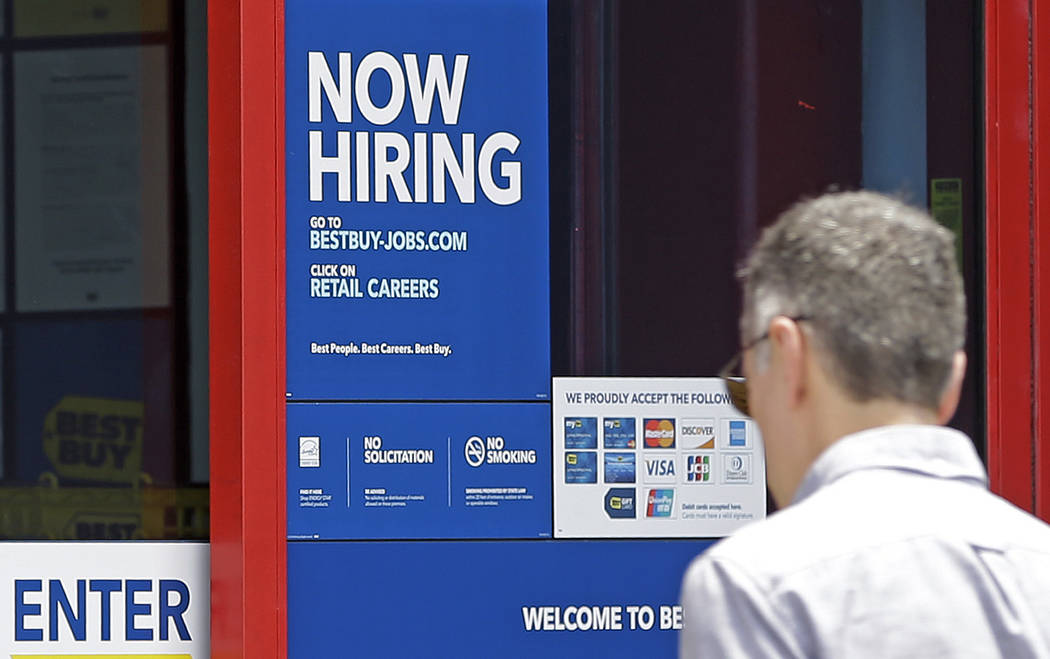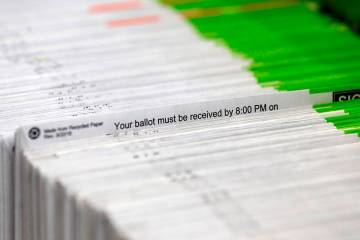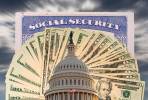EDITORIAL: Empty promises for Nevada tax breaks
The competition to attract high-profile business expansions has in recent years fostered an arms race among states. The frenzy reached a crescendo when Amazon executives played hundreds of U.S. jurisdictions against each other last year after announcing their intention to build a second headquarters.
Nevada leapt into the fray a decade ago with the creation of the Governor’s Office of Economic Development, charged with dangling incentives in front of corporate titans, business owners and entrepreneurs in an effort to attract investment and jobs.
The push to convince Amazon to come to Nevada failed, of course. But the office did manage to land a big fish in 2014 when Tesla’s Elon Musk agreed to build his massive battery factory near Reno in return for $1.3 billion in tax breaks over 20 years, all dutifully approved by Nevada lawmakers.
But Telsa is just one of many recipients of state tax abatements. In total, Nevada economic development officials have showered tax breaks totaling hundreds of millions of dollars on more than 275 companies since 2009. In return, the companies promise to create a certain number of jobs and meet various investment thresholds. Some of these businesses are smaller enterprises, but major conglomerates and wealthy tech outfits also sidled up to the trough. In addition to Tesla, recipients include Apple, Switch, eBay and Scientific Games.
Critics have long argued convincingly that a more effective way to promote sustained economic growth is to create an overall tax and regulatory climate conducive to entrepreneurship and business expansion rather than to single out specific enterprises for special dispensation. An analysis published last month by the Reno Gazette-Journal provides plenty of ammunition for that contention.
Among the findings from the paper’s examination of GOED records regarding tax subsidies for businesses:
■ Many companies, including Tesla, fell short of promised investment and employment benchmarks.
■ A report released by the economic development office in January revealed that “companies underdeveloped on investment in each of the past nine years,” the paper revealed, “and came up short on promised jobs in all but one of those years.”
■ The office’s report “shows it was prepared to hand over an average of $88,611 for every job companies said they would create through abatements over the pasts 10 years,” according to the Gazette-Journal.
Economic development officials contend that taxpayers face little risk because safeguards ensure that companies don’t collect the tax breaks if they don’t deliver. But the Reno paper’s analysis found that, in some cases, companies were granted additional relief even after they had failed to hit initial targets. The RGJ also reported that state officials claim to have forced some underperforming companies to pay back tax breaks. But “the agency did not provide requested specifics on those claw-backs.”
All this should be eye-opening for Gov. Steve Sisolak and state lawmakers. While these tax breaks sometimes lead to wonderful political optics at ribbon-cutting ceremonies, they are, in fact, a mechanism for market distortion. In addition, empowering bureaucrats to reward various companies with tax breaks only advances the destructive notion that the system works for the well-connected at the expense of the less privileged. There’s nothing wrong with letting individuals and companies keep more of their own money. But singling out some entities for tax relief, while others pay full freight, smacks of cronyism and rent-seeking.
At least one legislative Democrat told the Gazette-Journal that she would like to re-examine the economic incentives offered by the Governor’s Office of Economic Development. That seems long overdue. A far better means of attracting job creators and investment would be for state lawmakers to foster a neutral atmosphere that promotes opportunity and entrepreneurship for all through low taxes and reasonable regulation that allows the free market to function efficiently.
The looming question, however, is whether majority Democrats in Carson City — given their virulently anti-business agenda during the 2019 session — have any interest in such an approach at all.




























